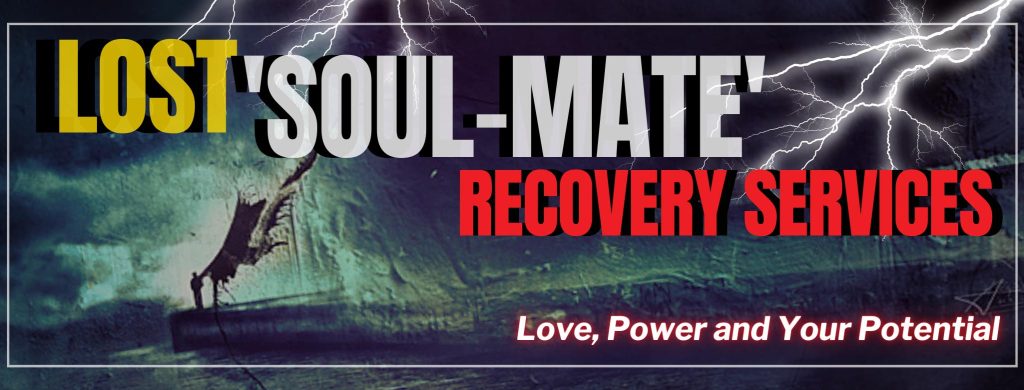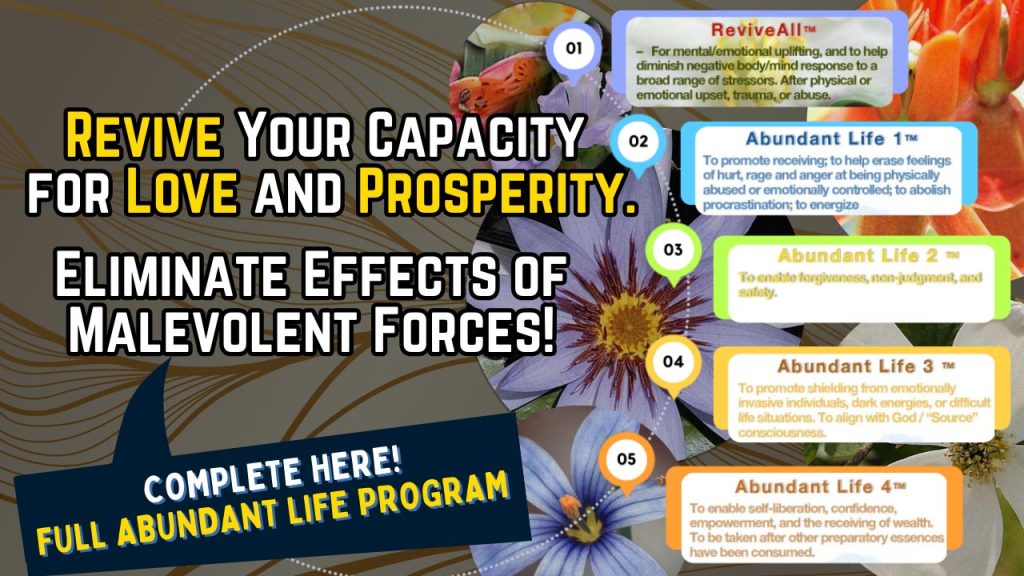The Power of Narratives and How They Shape Our Reality
”The Creative and Destructive Potential of Stories We Tell Ourselves and Others”
Narratives are the stories that are told about reality. These narratives paint pictures of how things have been and how things came to be.
Narratives frame our perspective on how we see reality. Narratives create realities. Narratives have power.
The problem with this is that these narratives, at times, are acted upon even though they contradict the actual factual events. Reality is built based on the narrative rather than the actual real events of the situation (e.g., data).
We’ve seen that narratives can be told to either populations or individuals.
And narratives, as we mentioned, are powerful because they are what build societies.
For an example of a mass narrative, we have the pandemic.
- Within the pandemic, the narrative was that this was the deadliest virus ever.
- The reality was that it had a 99% survivability rate.
However, we enacted policies based on the narrative versus the actuality of what the data showed
The truth, however, is when the narrative meshes with the data, the reality.
The problem is that we often build realities off narratives versus the data.
We did this with 9-11, with the stories outweighing the data. We’ve been told a plane hits, but the data supports bombs going off
We do this with all other narratives.
We spend billions of dollars for the narrative of space, even though there’s no data to support the concept of space
We have individual narratives as well. The narratives that we tell ourselves. The narratives of what has occurred in our lives – even though it may not be the best factual data perspective that occurred
However, with the narratives we tell ourselves, we make decisions based on those narratives, which can be positive or negative.
The same thing occurs with the mass narrative.
This is why the narrative is always very tightly controlled. It’s better to ignore something than to change the narrative. The narrative must always be upheld.
Narratives frame realities.
Narratives build realities.
It’s up to us to realize when a narrative is being told – when it could be uplifting or degrading. Whether it’s creative or destructive.
It’s up to us to identify what the narratives are. And if needed, it’s up to us to change those narratives. It’s also up to us to create new narratives – especially narratives that are more creative towards our ultimate goal and what we want to do.
That is the power of narratives.
Narratives create realities.





















